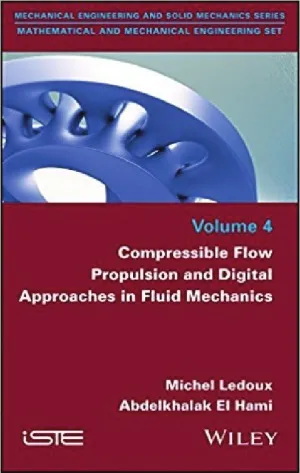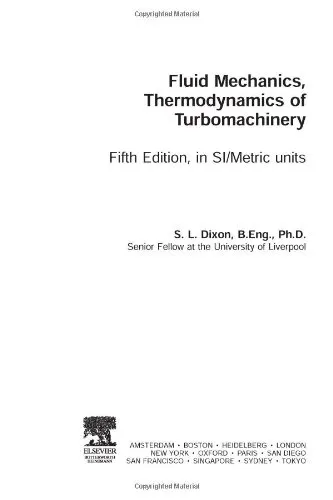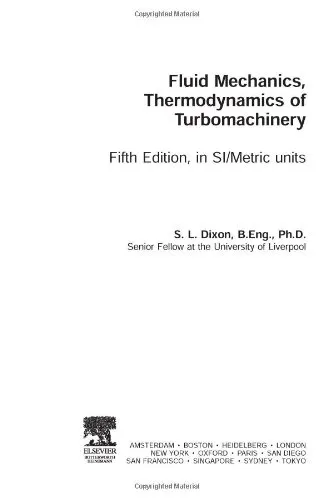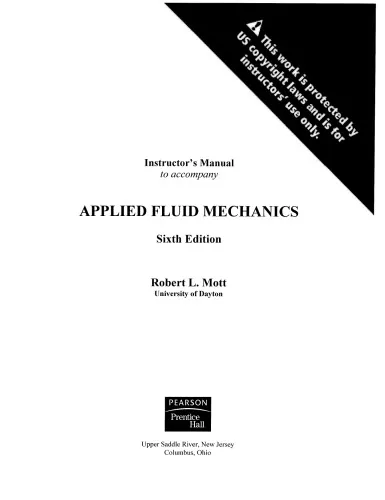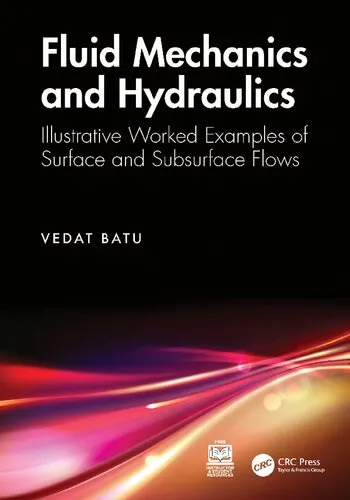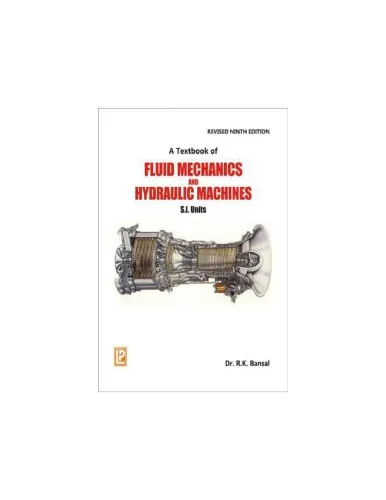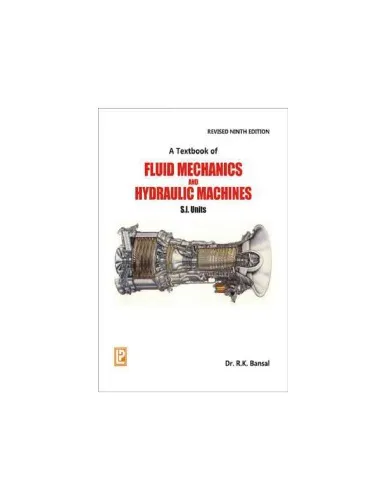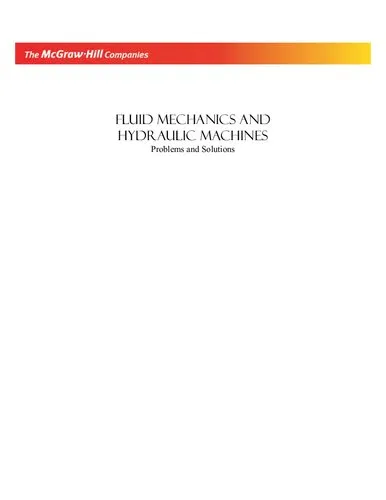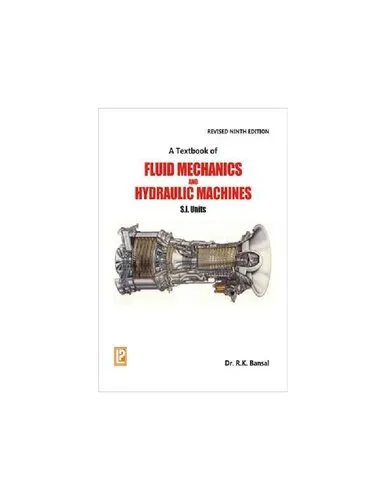Compressible Flow Propulsion and Digital Approaches in Fluid Mechanics
4.0
Reviews from our users

You Can Ask your questions from this book's AI after Login
Each download or ask from book AI costs 2 points. To earn more free points, please visit the Points Guide Page and complete some valuable actions.Related Refrences:
Introduction to "Compressible Flow Propulsion and Digital Approaches in Fluid Mechanics"
The field of fluid mechanics has continually evolved, pushing the boundaries of engineering, science, and technology. "Compressible Flow Propulsion and Digital Approaches in Fluid Mechanics" is a comprehensive guide that delves deeply into the discipline's critical aspects, blending fundamental principles, advanced theories, and cutting-edge computational approaches. Written with clarity and precision, this book serves as an invaluable resource for students, researchers, and professionals eager to deepen their understanding of compressible flows and propulsion systems.
This book navigates through the phenomenon of fluid dynamics, particularly focusing on areas where compressibility effects are predominant. Whether it’s the high-speed flows in aerodynamics, propulsion in aerospace applications, or compressible phenomena in industrial processes, the text provides insight into solving practical problems using both theoretical frameworks and numerical simulations. Moreover, with the advent of digital techniques, the book offers a timely focus on incorporating computational tools to tackle real-world applications, making it a modern and forward-thinking contribution to the field.
Detailed Summary of the Book
The book is structured to provide a step-by-step understanding of compressible flow and its applications in propulsion systems. Beginning with fundamental principles such as thermodynamics and the governing equations of fluid motion, the text gradually builds towards more specific applications, such as shock waves, flow regimes, and energy equations. A distinguishing feature of this book is its in-depth coverage of high-speed propulsion systems and how engineers can leverage computational tools for designing and simulating these systems.
Another critical component of this book is its focus on digital approaches. With the rise of computational fluid dynamics (CFD) and other numerical techniques, the book integrates these digital perspectives throughout its chapters. Readers will benefit from numerous examples, exercises, and case studies illustrating the practical relevance of the theories. By coupling classical approaches with computational methods, "Compressible Flow Propulsion and Digital Approaches in Fluid Mechanics" provides a holistic and balanced view of this complex topic.
The book concludes with emerging trends and challenges in high-speed flows and propulsion systems, offering a roadmap for future research directions. Designed to be both academically rigorous and practical, the book ensures a broad appeal across diverse audiences.
Key Takeaways
- Comprehensive coverage of compressible flow theories and principles, including isentropic relations, thermodynamics, and shock wave behavior.
- Detailed exploration of propulsion systems, including rockets, jet engines, and high-speed systems.
- Introduction to digital and computational methods, focusing on tools like CFD for simulations and performance analysis.
- In-depth case studies and practical examples for real-world engineering challenges.
- Focus on contemporary advancements and future trends in fluid mechanics and propulsion technology.
Famous Quotes from the Book
"The true beauty of fluid mechanics lies in its ability to describe the seamless motion of matter and energy, bridging the gap between theoretical understanding and real-world applications."
"In a world driven by technology and enhanced by computation, mastering the principles of compressible flows propels us to innovative heights."
"Every complex simulation begins with the simplicity of fundamental principles—learn them well, and the possibilities become endless."
Why This Book Matters
"Compressible Flow Propulsion and Digital Approaches in Fluid Mechanics" is more than a textbook; it is a guiding reference designed to meet the demands of an ever-evolving discipline. Fluid mechanics plays a pivotal role across industries, from aerospace and automotive engineering to energy and environmental systems. As technologies advance, particularly in high-speed applications, the need for comprehensive and structured learning resources has never been greater.
The book matters because it harmonizes traditional learning with modern computational advances, equipping readers with the knowledge and tools to tackle some of the most pressing engineering challenges of our time. Furthermore, it serves as a bridge between academia and industry, fostering a deeper understanding of how theoretical principles can be transformed into practical solutions. With its emphasis on clarity, precision, and practicality, this book sets a benchmark in the literature on compressible flows and propulsion systems.
Free Direct Download
You Can Download this book after Login
Accessing books through legal platforms and public libraries not only supports the rights of authors and publishers but also contributes to the sustainability of reading culture. Before downloading, please take a moment to consider these options.
Find this book on other platforms:
WorldCat helps you find books in libraries worldwide.
See ratings, reviews, and discussions on Goodreads.
Find and buy rare or used books on AbeBooks.
1456
بازدید4.0
امتیاز0
نظر98%
رضایتReviews:
4.0
Based on 0 users review
Questions & Answers
Ask questions about this book or help others by answering
No questions yet. Be the first to ask!
